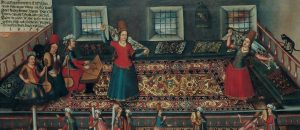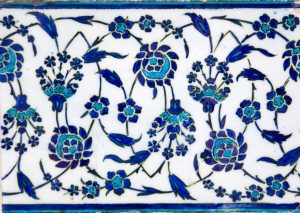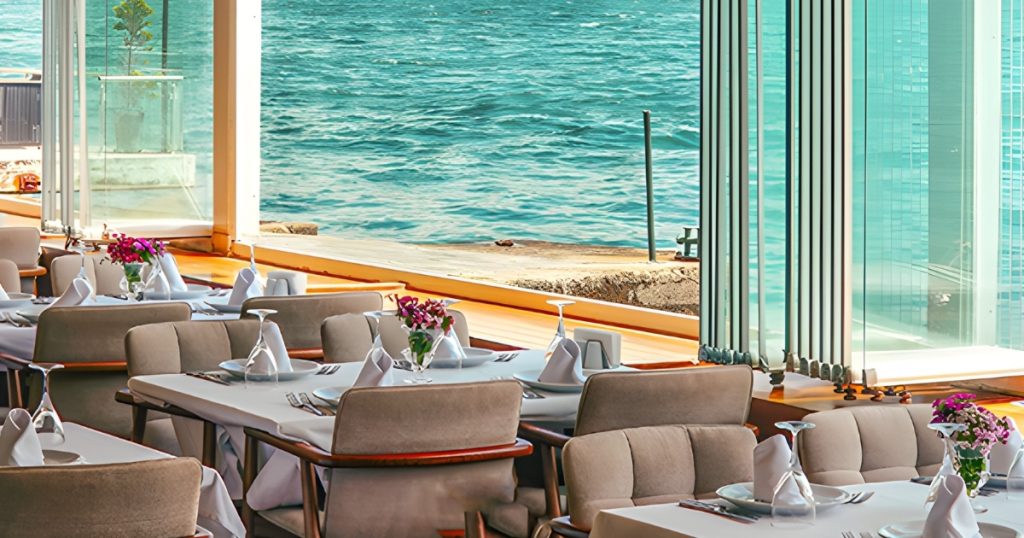Sultan Suleiman the Magnificent, one of history’s most splendid rulers, known as “the Magnificent,” was a world emperor whose armies reached the gates of Vienna. However, this imposing figure battled gout, also known as “the disease of kings” or “the disease of the wealthy,” which brought him to his knees with severe pain in his final years. In his fight against this relentless enemy, he had a more effective weapon than his armies: anti-inflammatory Ottoman dishes prepared with the wisdom of the chief physicians in the vast kitchens of Topkapı Palace, Matbah-ı Âmire. The palace kitchen was not merely a center for feasts, but also a healing center where personalized diets were prepared to protect the Sultan’s health. In this article, we will explore the secrets of this special dietary program, the healing foods, and the anti-inflammatory principles that served as a shield in Kanuni’s struggle with gout, shedding light on our modern understanding.
The Sultan’s Illness: Sultan Suleiman the Magnificent and His Battle with Gout
Sultan Suleiman the Magnificent intensely struggled with gout during the last twenty years of his life. This disease, known as “Nikris” in medicine, is a type of rheumatism caused by the accumulation of uric acid in the body, leading to severe pain, swelling, and inflammation in the joints, particularly in the big toe. At that time, gout was known as the disease of kings, sultans, and the wealthy, as it was often associated with excessive consumption of red meat, offal, and alcohol. Historians record that Kanuni suffered so much, especially during the Szigetvár Campaign, that he could not ride his horse and participated in the campaign via palanquin. This situation revealed how crucial the Sultan’s health was as a state matter and how meticulously his diet needed to be managed.
The chief physicians of the era correctly identified that the primary cause of the disease was dietary habits. Therefore, red meat and offal, which are rich in purine, were largely removed from Kanuni’s diet, and a special menu consisting of easily digestible and healing foods with anti-inflammatory properties was planned instead. Medicine and nutrition in the Ottoman Empire were inseparable disciplines, and the most concrete example of this understanding was seen at the Sultan’s table.
Matbah-ı Âmire: More Than a Kitchen, a Healing Center
Located in the second courtyard of Topkapı Palace, Matbah-ı Âmire (the Palace Kitchens) was not only a massive facility that fed the empire, but also a pharmacy and a research laboratory. Health in the palace came before everything else, and the kitchen was the most important tool for this goal. The Head Chef, who was in charge, was not just a chef but also an expert who was in constant communication with the Chief Physician and knew the healing properties of ingredients. The Chief Physician would determine a diet list according to the Sultan’s health condition, and the Head Chef would prepare the most delicious and healing dishes in accordance with this list.
Among the secrets of Matbah-ı Âmire, the most important was the mastery of the concept of “dietary meals”. Dishes prepared for the Sultan were cooked in a special kitchen called “Kuşhane” and tasted by the Chief Taster before being served. In the menus prepared for Kanuni’s gout diet, ingredients with inflammatory potential were avoided, while emphasis was placed on foods with proven anti-inflammatory properties. This was an application, centuries ago, of the nutritional model that modern medicine calls an “anti-inflammatory diet”.
The Anti-Inflammatory Power of the Divan Menu: Which Foods Were Consumed?
The menu that protected Kanuni from severe gout attacks was based on fundamental food groups that reduce inflammation in the body, which are also endorsed by modern nutritional science. These healing Ottoman dishes were both delicious and functional.
Olive Oil Dishes and Fresh Greens
The greatest richness inherited from the Aegean and Mediterranean legacy of Ottoman cuisine was the culture of olive oil and fresh herbs. Olive oil has a natural pain-relieving and anti-inflammatory effect thanks to its oleocanthal compound. In the Sultan’s diet, emphasis was placed on vegetable dishes and salads cooked with plenty of olive oil, rather than meat dishes. Vegetables like artichokes, fava beans, spinach, Swiss chard, and fresh greens such as purslane, mint, and dill were frequently consumed. Purslane was particularly valuable in combating inflammation due to being a plant-based Omega-3 source. These dishes were ideal for gout patients because they were easy to digest and provided an alkaline environment for the body.
Potent Spices: Turmeric, Ginger, and Cinnamon
The true anti-inflammatory power of Ottoman palace cuisine stemmed from the richness brought by being at the heart of the spice route. Physicians viewed spices not just as flavor enhancers but as medicines.
- Turmeric: Thanks to its active compound “curcumin,” it is one of the most powerful natural anti-inflammatories known. It was generously used in the palace to add color and healing properties to pilafs, soups, and vegetable dishes with meat.
- Ginger: Contains the compound “gingerol,” which aids digestion and reduces inflammation. It was used fresh or powdered, added to dishes and sherbets.
- Cinnamon: Known for its blood sugar balancing and antioxidant properties, cinnamon was preferred especially in desserts and compotes to reduce the need for sugar and add healing benefits.
- Clove: A natural pain reliever and antiseptic, clove added aroma to dishes and helped alleviate joint pain.
The Place of Fish and Legumes Instead of Red Meat
The answer to the question “what helps gout” at that time was to avoid red meat, which is rich in purine. Red meat consumption was severely restricted in Kanuni’s diet. Instead, protein needs were met with fresh fish caught from the Bosphorus and Marmara Sea, and with legumes. Oily fish like mackerel and bluefish were rich in Omega-3 fatty acids, which fight inflammation. Legumes such as chickpeas, lentils, and beans were healthy protein sources and rich in fiber, thus supporting the digestive system. In the palace kitchen, fish was usually cooked using light methods such as grilling or steaming, and served with plenty of greens and lemon.
Healing-Filled Goblets: Healthy Sherbets Consumed Instead of Sugary Drinks
Another factor that triggers gout is sugary and alcoholic beverages. Although alcohol consumption was already limited in the palace, sugary drinks were also avoided in the Sultan’s diet. Instead, healing, natural fruit and spice-infused sherbets and compotes were consumed. However, these sherbets were not sugar-laden drinks like those of today. Tamarind sherbet regulated digestion, while rose sherbet cooled and refreshed the body. Spiced sherbets prepared with ginger and cinnamon were both delicious and had anti-inflammatory properties. Low-sugar compotes made from fruits like sour cherries and cranberries helped the body cleanse from toxins with their antioxidant content. These beverages both met the Sultan’s fluid needs and supported the treatment process.
From Kanuni’s Diet to Today’s Tables: Ottoman-Style Anti-Inflammatory Nutrition Tips
Sultan Suleiman the Magnificent’s nutritional strategy developed in the palace kitchen against gout is a modern anti-inflammatory diet model that remains valid centuries later. Here are some simple yet effective tips we can carry from this ancient wisdom to today’s tables:
- Make Olive Oil Your Crown Jewel: Cook your meals with extra virgin olive oil instead of refined oils. Use it generously in your salads.
- Diversify Your Greens: Do not let dark leafy green vegetables like spinach, Swiss chard, and purslane be absent from your table.
- Benefit from the Power of Spices: Add plenty of turmeric, ginger, cinnamon, and clove to your dishes to enhance flavor and gain natural anti-inflammatory support.
- Reduce Red Meat, Increase Fish: Try to consume oily fish (salmon, sardines, mackerel) at least two days a week. Include legumes more frequently as a protein source.
- Stay Away from Sugary Drinks: Instead of fizzy drinks and ready-made fruit juices, consume your own healthy beverages prepared with fresh mint, lemon, and ginger, or herbal teas.
In conclusion, the most effective weapon against gout, one of “Suleiman the Magnificent’s” greatest battles, was cooked in the healing cauldrons of Matbah-ı Âmire. This story is a delicious lesson from history, reminding us that nutrition is not just about satisfying hunger, but also an art of healing, and that the right foods can be the most potent medicine.





















